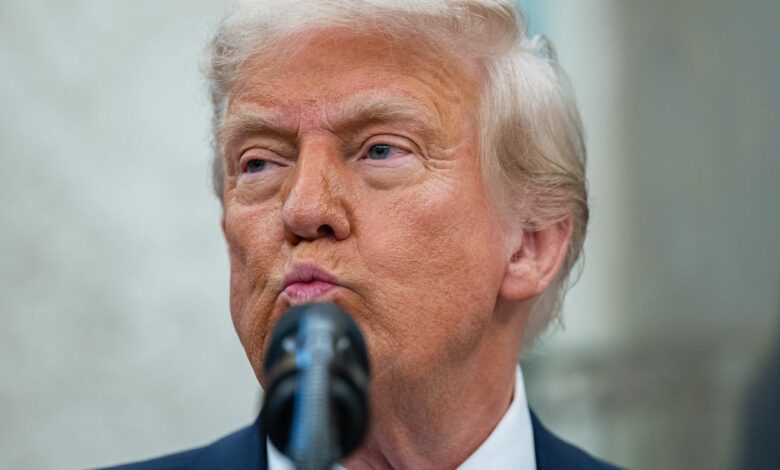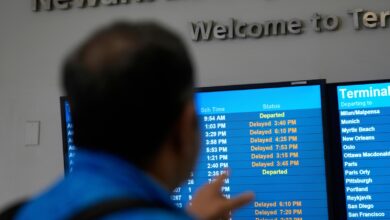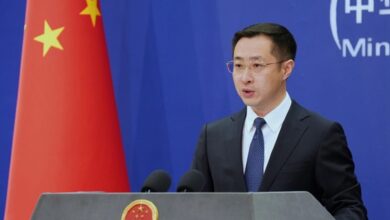Trump Revives Failed Drug Price Plan With Promised Executive Order

President Donald Trump announced on Sunday that he plans to sign an executive order on Monday aimed at reducing the costs of certain medications. This initiative, which Trump has been advocating for since before his presidency, would direct the Department of Health and Human Services to align the prices Medicare pays for medications administered in a doctor’s office with the lowest prices paid by other countries.
Trump stated, “I will be instituting a MOST FAVORED NATION’S POLICY whereby the United States will pay the same price as the Nation that pays the lowest price anywhere in the World.” He emphasized that this action would lead to fair treatment for the country and significant reductions in healthcare costs for citizens.
The executive order is expected to impact specific drugs covered by Medicare and administered in a medical office, such as cancer treatments and injectables. While it may result in substantial savings for the government, the claimed savings of “TRILLIONS OF DOLLARS” might be overstated.
Medicare covers health insurance for approximately 70 million elderly Americans, and the high drug prices in the U.S. have long been a contentious issue. Trump’s proposal involves linking the prices the government pays for these drugs to those paid by other economically advanced nations, known as the “most favored nation” approach.
The pharmaceutical industry is expected to strongly oppose this order, as they did during Trump’s first term when a similar attempt was made but blocked by a court order under the Biden administration. The industry argues that lower prices could impact innovation and the development of new medicines.
Only drugs covered under Medicare Part B, which includes medications administered during doctor’s visits, are likely to be affected by the order. A report from the Trump administration revealed that the U.S. spends twice as much as other countries on these drugs, with Medicare Part B drug spending exceeding $33 billion in 2021.
Prescription drugs filled at pharmacies are unlikely to be covered by this new order. Trump’s decision to push for this executive order reflects his longstanding criticism of pharmaceutical companies and their pricing practices.
Trump’s announcement comes after teasing a major development last week unrelated to trade or tariffs. He has been vocal about holding pharmaceutical companies accountable and ensuring fair pricing for American consumers.
Despite expected opposition from the industry, Trump remains committed to implementing this policy to address the high costs of medications in the U.S.





